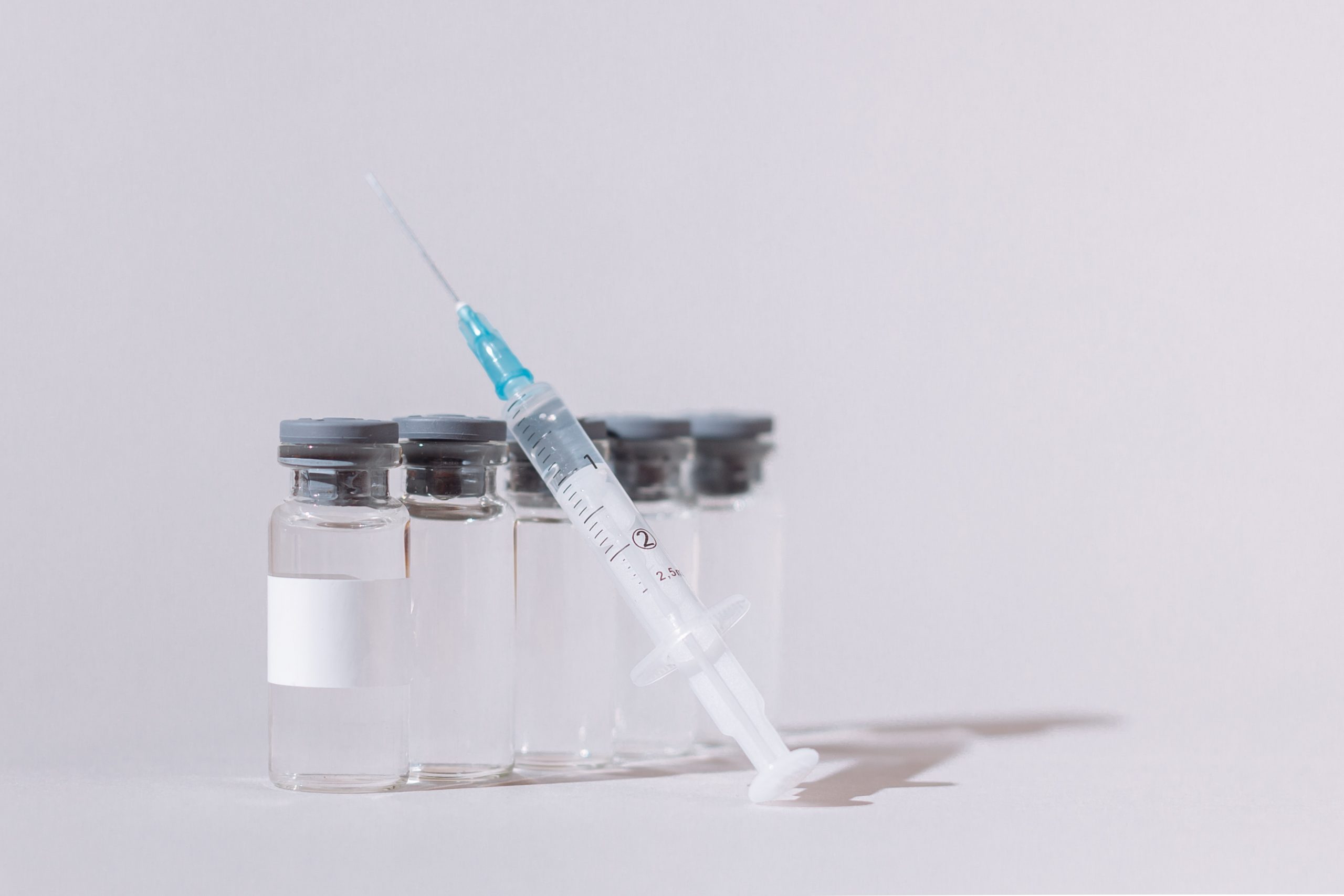
Pfizer-BioNTech’s Covid-19 vaccine can be used for people 16 years and older, says a Centers for Disease Control and Prevention panel.
The CDC’s Advisory Committee on Immunization Practices, an external group of medical experts that counsels the agency, recommends the Pfizer-BioNTech’s Covid-19 vaccine for people 16 and older under the Food and Drug Administration's emergency authorization.
CDC Director Dr. Robert Redfield will have to sign off the recommendation before vaccinations can begin.
“This Covid-19 vaccine offers us hope,” said Veronica McNally, an ACIP member and assistant dean for experiential education at Michigan State University College of Law. “It’s important to remember that while this vaccine has been developed at an incredible pace and involves new technology, it’s gone through all the appropriate regulatory channels and the approval processes have been transparent.”
Dr. Beth Bell, an ACIP member and a clinical professor of global health at the University of Washington, explained that she acknowledges people’s worries about the Covid-19 vaccine and new vaccines in general, but noted that she “certainly” will take this vaccine when it’s her turn.
“I do believe that the process that we have used here in the ACIP to reach this decision is transparent, is science-based, keeps equity in mind and is, for this moment, the absolute best that we can do,” Bell said.
Dr. Peter Szilagyi, a member of the committee and a pediatrician at the University of California Los Angeles, explained that he wanted to stress the need “for substantially increased government funding to actually implement the recommendation” following the vote.
“I know we’re going to have very tough and sad times ahead because of the surge and a limited vaccine supply, but I am really hopeful that this is the beginning of the end of the coronavirus pandemic,” Szilagyi said.
Dr. Sarah Mbaeyi, a CDC medical officer, said the agency during a presentation that vaccines must be given to people “regardless of history of prior symptomatic or asymptomatic” coronavirus infection. Mbaeyi added that a diagnostic or antibody test is not recommended to determine whether someone must take the vaccine.
Claire Hannan, the executive director of the Association of Immunization Managers, believes that a more defined guidance on who can be classified as an essential worker since states across the U.S. differ on their definitions.
“Guidance on subsequent priority groups is needed immediately,” Hannan said. “Jurisdictions are working now to plan for vaccine allocation coming in the next month. They need to work closely with providers and communicate clearly with consumers about what to expect.”
Meanwhile, people with a history of allergic reactions should not take Pfizer’s coronavirus vaccine, according to the U.K. drug regulator.
The U.K’s Medicines and Healthcare products Regulatory Agency issued an updated version of its guidance to British health service trusts on who must take the vaccine after two members of Britain’s National Health Service had allergic reactions to Pfizer’s vaccine.
“Any person with a history of a significant allergic reaction to a vaccine, medicine or food (such as previous history of anaphylactoid reaction or those who have been advised to carry an adrenaline autoinjector) should not receive the Pfizer BioNtech vaccine,” the regulatory agency said.
Stephen Powis, national medical director for the NHS, explained that such a precaution “is common with new vaccines.”
“We know from the extensive clinical trials that this was not a feature, but if we need to strengthen our advice now that we have had this experience in vulnerable populations, the groups selected as a priority, we get that advice to the field immediately,” Dr. June Raine, head of the MHRA, told a U.K. government select committee.






